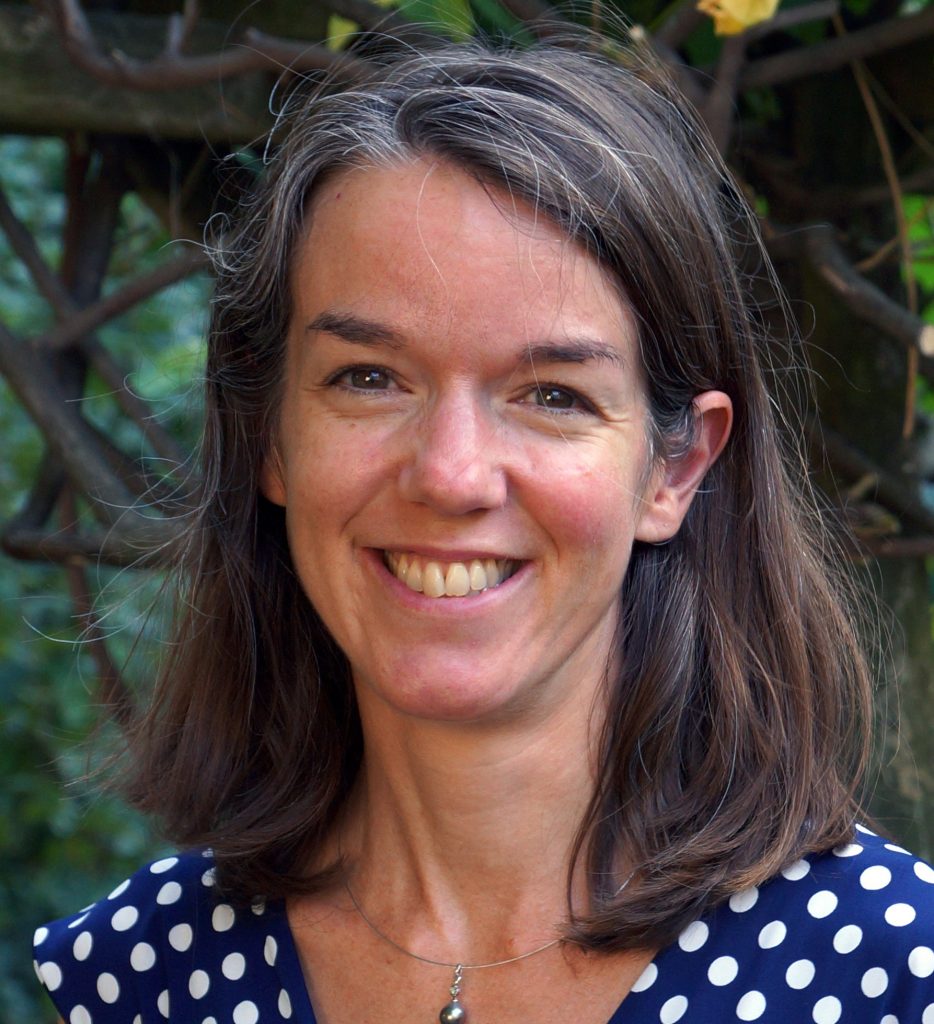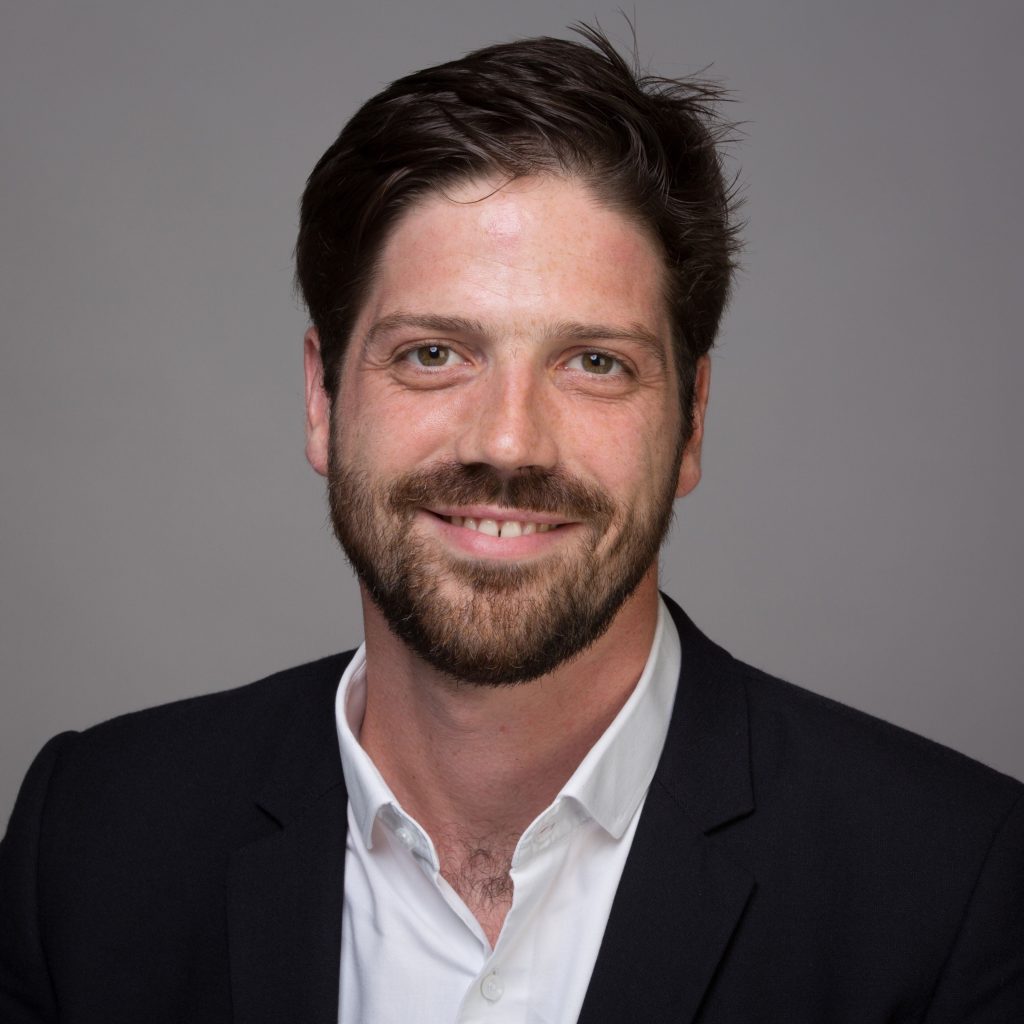How can universities foster more inclusive and adaptive learning environments? Since the Bologna Process of 1998, European universities have shared a framework that supports mobility, accessibility, and competitiveness on a global scale. Programs like Erasmus+, which has benefitted over 16 million participants since 1987, have strengthened a sense of European citizenship.
Yet inclusion remains a challenge. Gender, social background, mental health, and disability—visible or invisible—continue to shape how accessible education truly is.
This episode of brings together two voices from Université PSL (Paris Sciences et Lettres), to discuss: Matthias Mano, head of PSL’s Teaching and Learning Center and Dorothée Butigieg, English teacher at the École Normale Supérieure, Deputy Vice President of Undergraduate Programs, and in charge of equal opportunities.
Teaching in a changing landscape
Teaching in French higher education is a demanding endeavor. Faculty members must balance research, classroom instruction, and administrative responsibilities, often with limited incentives to innovate in their teaching practices. This complex workload makes introducing new pedagogical methods a real challenge.
At the same time, educators face a rapidly changing student landscape. Universities are accommodating larger and increasingly diverse student populations due to internationalization, while simultaneously responding to growing expectations that education aligns with evolving labor market needs. Even small adjustments—such as providing clear, well-structured instructions—can significantly enhance learning, particularly for students with specific needs.
Inclusion and neurodiversity
A central focus in today’s higher education is neurodiversity. Students with autism, ADHD, or other conditions may be hesitant to request classroom adaptations, yet support programs exist to help. France’s AtP Friendly initiative, for example, provides training and resources for faculty to support neurodivergent students. Importantly, these adaptations benefit all learners, including international students, by creating clearer and more accessible learning environments.
Support systems for teachers
Reflective practice and peer collaboration are key to effective teaching. PSL’s Teaching and Learning Center offers professional development, promotes classroom observation, and cultivates communities of practice where educators can exchange insights and strategies. Even minor changes—whether in teaching style, classroom layout, or instructional materials—can produce significant improvements in student learning outcomes.
As Matthias Mano, head of the Center, explains:
“Teachers cannot do it alone. Institutions need to build ecosystems that encourage experimentation, reflection, and collaboration.”
Advice for future educators
For new teachers, Dorothée Butigieg offers a simple but powerful message:
“You don’t have to know everything to be a good teacher. It’s never too late to learn and improve.”
The takeaway
Higher education must evolve alongside society. With support from learning centers, professional networks, and programs like the EELISA Community iLearn, teachers can better address student diversity, improve learning outcomes, and foster inclusive, adaptive classrooms for the future.

Dorothée Butigieg
Deputy Vice President for Undergraduate Studies and Equal Opportunities, reporting to the Vice President for Academic Affairs, Training, and AttractivenessDorothée Butigieg has been the academic director of PSL’s College of Science, Humanities, and Society since June 2024, which brings together PSL’s four CPES courses and the bachelor’s degree in science for a sustainable world. An English teacher and former student of ENS Cachan, she has been teaching at the École normale supérieure – PSL since 2004. She has held several positions at ENS-PSL, including Director of Studies in Literature and Humanities, then Director of Student Life. She is deeply committed to educational issues and to supporting and welcoming neuroatypical individuals in the programs where she works.
Mattias MANO
Director of the Center for Teaching and Learning Innovation at PSL University. For nearly 10 years, he has been interested in teaching practices in higher education and how to better support the teaching community in taking student needs into account in their learning. He is also secretary of the National Association of Learning Design and Audiovisual Services for Higher Education and Research Institutions (ANSTIa), where he works to raise awareness of the challenges of learning design and inclusive pedagogy in the service of students. Dr. Mattias MANO holds a specialized master’s degree from ENSAE and a doctorate in Management Sciences from École polytechnique.


